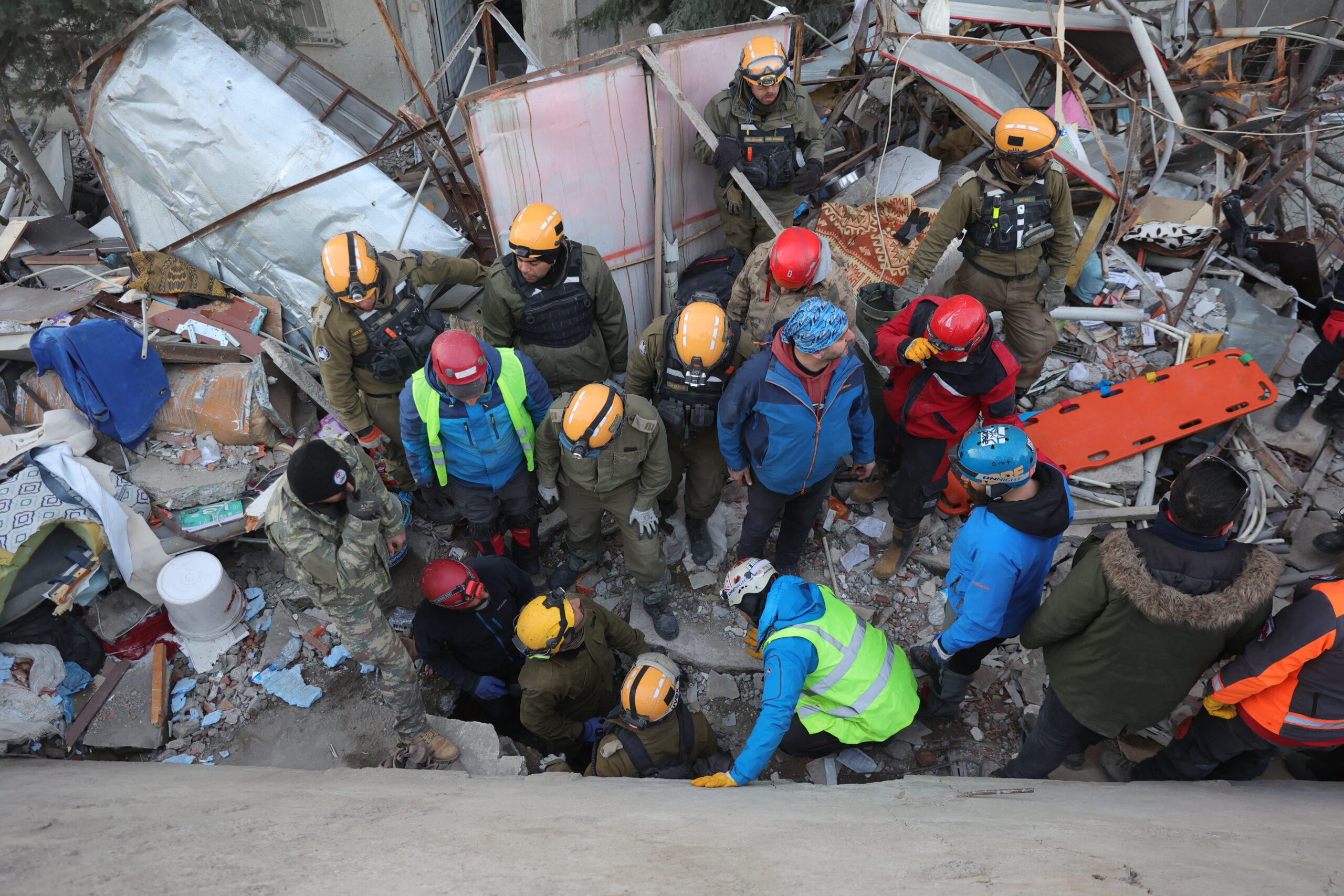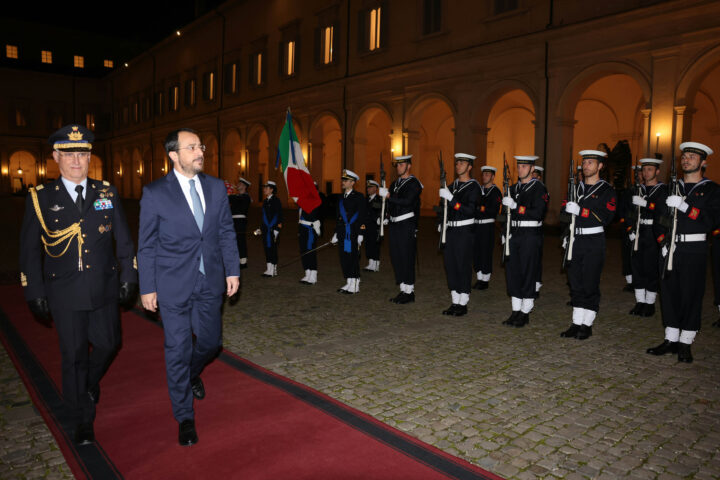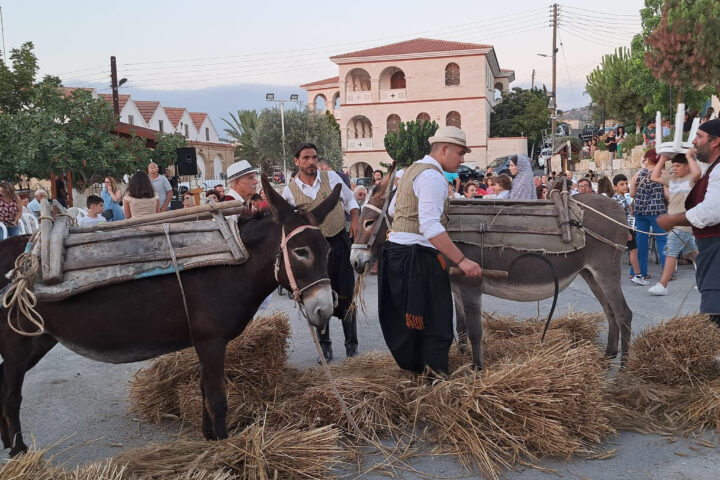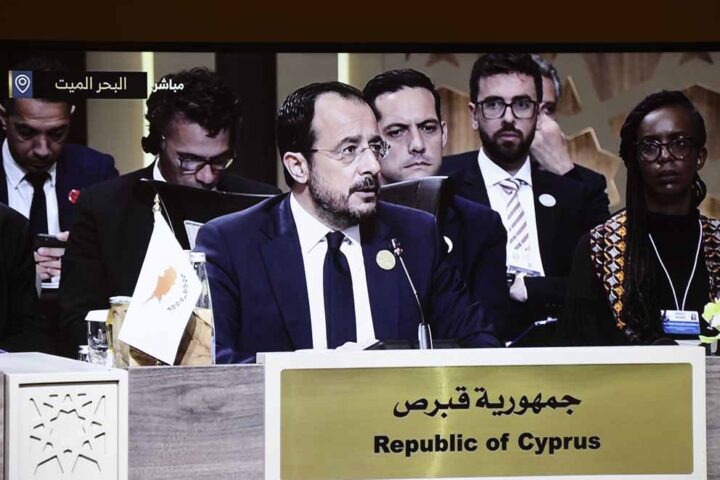The devastating earthquake that shook Armenia on December 7, 1988, had a magnitude of 6.8 but lasted 20 seconds, resulting in about 38,000 casualties.
Any longer, and it would have had catastrophic consequences throughout the Caucuses.
The public uproar from the poor foundations and flimsy construction of Soviet-era multi-storey mass housing in the 1970s and 1980s spilt over into local and regional politics, with the USSR crumbling and Armenia seeking independence for itself and the Artsakh enclave (Nagorno Karabakh).
The nation continues to struggle to recover, with little natural or energy resources, and thus no longer the focus of major powers Russia, the United States and the European Union.
The entire nation felt the humanitarian crisis that ensued over the next decades and, although learning from past mistakes, corruption and construction shortfalls continue to plague new developments, often with the blessing of Moscow.
Fortunately, Armenia has managed to stand on its own two feet, with little political support or economic aid, despite promises, while Azerbaijan continues to spew threats over its western neighbour, with the blessings of major powers of the West, due to the importance of Baku’s oil fields and gas pipelines.
The earthquake that struck nearby Turkey and Syria on February 6 this year had equally devastating repercussions, with the magnitude 7.8 repeated with several hundred aftershocks in the following days.
As a result, the number of victims rose to 38,000 in Turkey so far and 6,000 in Syria.
Again, corruption was the main culprit for the high death toll, which included an entire school volleyball team from occupied Famagusta, shocking the Turkish Cypriot community.
As is normal in Turkey with earlier disasters, especially in an election year, developers will be dragged to court, tried and punished in record time to tame the public outrage.
Not least is the fact that Alawites, Kurds, and Syrian refugees highly populate the devastated region.
International aid will continue to pour in, but once Turkey’s elections are over, these will trickle down, with corrupt politicians and business leaders resuming their development plans.
Moreover, plans to complete a Russian-built nuclear power station at Akkuyu, so close to the quake zone, have been ignored by all.
Even the ongoing civil war will continue in Syria, allowing Ankara to press ahead with its expansionist plans.
The European Union failed miserably in the past to tame the beast of social unrest in northern Africa and the Middle East, leading to the ‘Arab Spring’ and several other revolts, some peaceful, others deadly.
If the bloc wants to resolve the issue of illegal migration and Turkey’s weaponisation of Syrians and other refugees, then this humanitarian issue must be resolved on the ground.
Lebanon is already burdened with the greatest weight of the people flow, with little international aid reaching Beirut, where corrupted politics remain an obstacle to the country’s redevelopment.
Resolving the crisis in Syria will help ease so many other problems, and the EU has a great responsibility to achieve that.
It cannot meddle in Turkish politics, but it has a say in how Ankara spends the billions in humanitarian aid greenlighted by Brussels.
It continues to harass its neighbours, using refugees as a human shield to ask for more.










